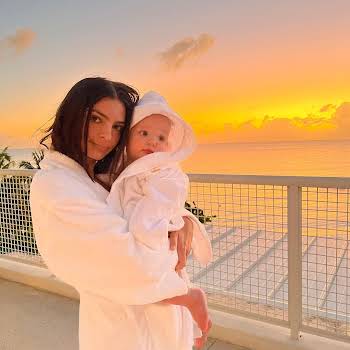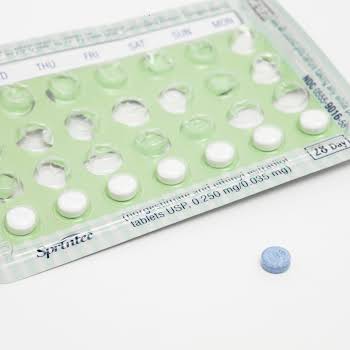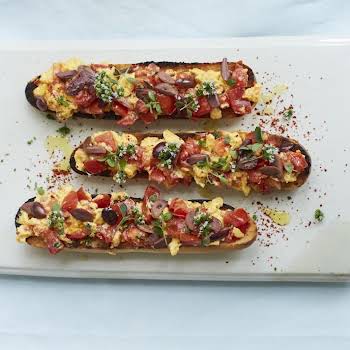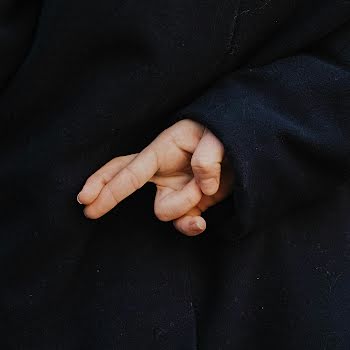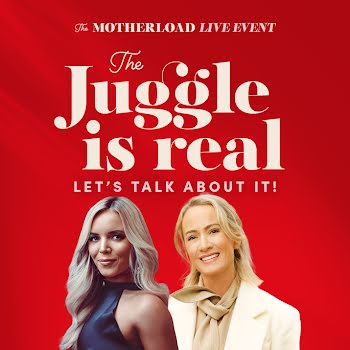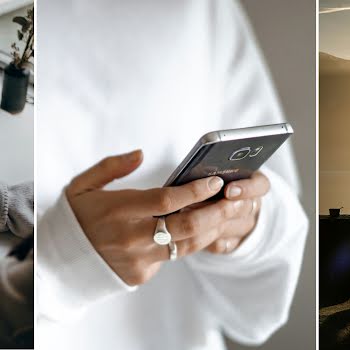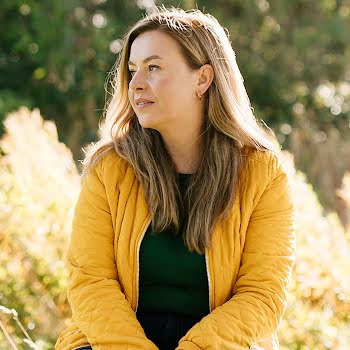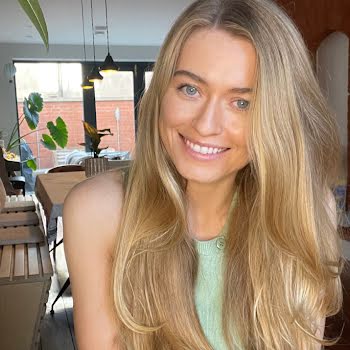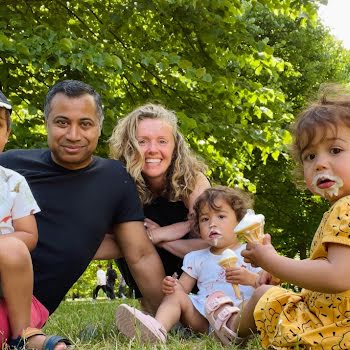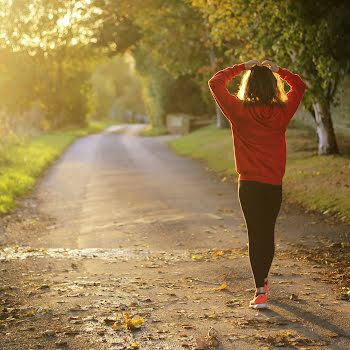
By Edaein OConnell
23rd Mar 2021
23rd Mar 2021
A long time ago, Edaein O’Connell (25) made a conscious decision that if she wanted to have kids, she would wait until she was at least 35. Here, she speaks with a fertility expert about freezing her eggs and any medical planning she should be putting in place before then.
I have never had that maternal instinct.
When I was a teenager, my friends would describe their imaginary children in great detail from tallest to smallest. They planned the names, possible likes, and dislikes while I had nothing to add. My mind didn’t work like that, and it still doesn’t. I struggle to envisage what the next hour of my life will look like, nevermind my future brood.
But the truth is, I don’t know if I want kids. Sometimes, I think my brain has been made wrong and needs to be returned to the manufacturer. As a woman, should I not have a natural urge? I am only 25 years old, so some will say that the desire will come, but what if it doesn’t?
A long time ago, I made a conscious decision that if at some point I want kids, I’ll wait until I’m 35 and older. When I say this, the reaction from most is always the same.
“Is that not a big risk?”
“What if you can’t get pregnant?”
“It’s dangerous to wait until that age?”
By this stage, questioning fertility choices with veiled judgment should not be allowed. The choice of my hypothetical pregnancy will be entirely personal. I have my reasons, as does every female. Nevertheless, I am not naïve. It’s harder to get pregnant as the years go by, and the reality is that I may need treatments. As I see family members and friends start families, I sometimes spiral into panic. I think of the hypothetical babies that I left too late because of the choices I made. If I want options in the future, is there medical planning I should be putting in place?
Should I be freezing my eggs?
The expert opinion
To quell my worry, I decided to speak with Dr Hans Arce, the medical director and consultant fertility specialist at ReproMed. After the pleasantries, I asked if it was terrible that I wanted to be 35 and older when having my hypothetical first child. I waited for questioning or scolding – Dr Hans was anything but.
“It is not bad. It is a human right to think that way,” he says. “We are not living in the 1930s. Women are no longer assigned to only getting married and having children. They want to finish college and work. It’s unfair that women feel this pressure about pregnancy because now we have excellent options. It empowers women to have children when they are ready.”
I ask Dr Hans if I should be making plans to secure good fertility in the future. He tells me that at 25, there is nothing to worry about yet. “The chances of there being a problem at 25 are very low,” he explains. “The only action I would consider looking at is AMH (anti-mullerian hormone) levels.”
The anti-mullerian hormone is produced in a woman’s ovaries by the primary follicles. Levels of AMH can indicate how many eggs a woman has left compared to other women of a similar age. Dr Hans says a small cohort of women aged between 25-30 will have low levels. For the small number that does, he advises them to consider egg freezing. For those with healthy levels and who plan to have kids later, he wouldn’t recommend it.
“We don’t recommend freezing eggs at 25 because studies show that when women freeze eggs too early, there is a very high chance they won’t use them,” he explains. “They have a lot of years ahead of them, and what happens is they meet someone and get pregnant naturally, and they don’t use the eggs.”
To freeze or not?
He tells me that if I decide to freeze my eggs at some point, the best period is between the ages of 30-34. I then ask what would happen if I came to the age of 36 and struggled to conceive without taking precautionary action.
“After the age of 35, we ask for patients to come to us after six months of trying,” he says. “If you didn’t freeze your eggs and were having struggles, we would do treatments. We would look at other options. For example, if the issue is your partner’s sperm quality, we would look at insemination. Then there are egg donations and IVF.”
Dr Hans says egg freezing (a process where a woman’s eggs are extracted, frozen and stored) is a highly successful fertility treatment and is becoming a more common practice in Ireland. Yet he says there are still some doubts which he is hoping to quash. “Sadly, I still hear some gynaecologists telling their patients that freezing their eggs is useless. It’s not. Egg freezing works and is being used everywhere in the world. It is just smart, and it takes away the pressure that sadly, a lot of women feel.”
The clock is ticking
This pressure is something I tell Dr Hans I have felt, even though I haven’t even tried to have a baby. He tells me comments stemming from outdated societal attitudes are damaging to women and need to stop.
“I hate comments like ‘the clock is ticking’. No one should ask people when they’ll have kids because you don’t know whether that couple has been trying for three years and may go home crying. It’s just so unhealthy.
The other comment is when a woman who has been trying to have a baby tells a person that she has been struggling, and the person says, ‘just relax, and it will work.’ That person is saying to this woman, who has been trying for years, that ‘this is your fault’. Now they don’t do it on purpose, but they feed into this horrendous frenzy of panic and guilt. And no one should make someone else feel guilty about a medical situation.”
Finishing our conversation, I tell Hans thank you, and I mean it. The anxieties I had around my indecision and choices eased. I now know that whatever may happen in the future, I have options. If the maternal instinct finds its way to me, I have choices.
Before we say goodbye, he leaves me with some final words. He tells me I shouldn’t be ashamed, and neither should any other woman on a fertility journey. “I don’t understand why fertility is a hushed conversation,” he says. “We need to open the conversation. Fertility should not be a taboo.”
And I wholeheartedly agree.












